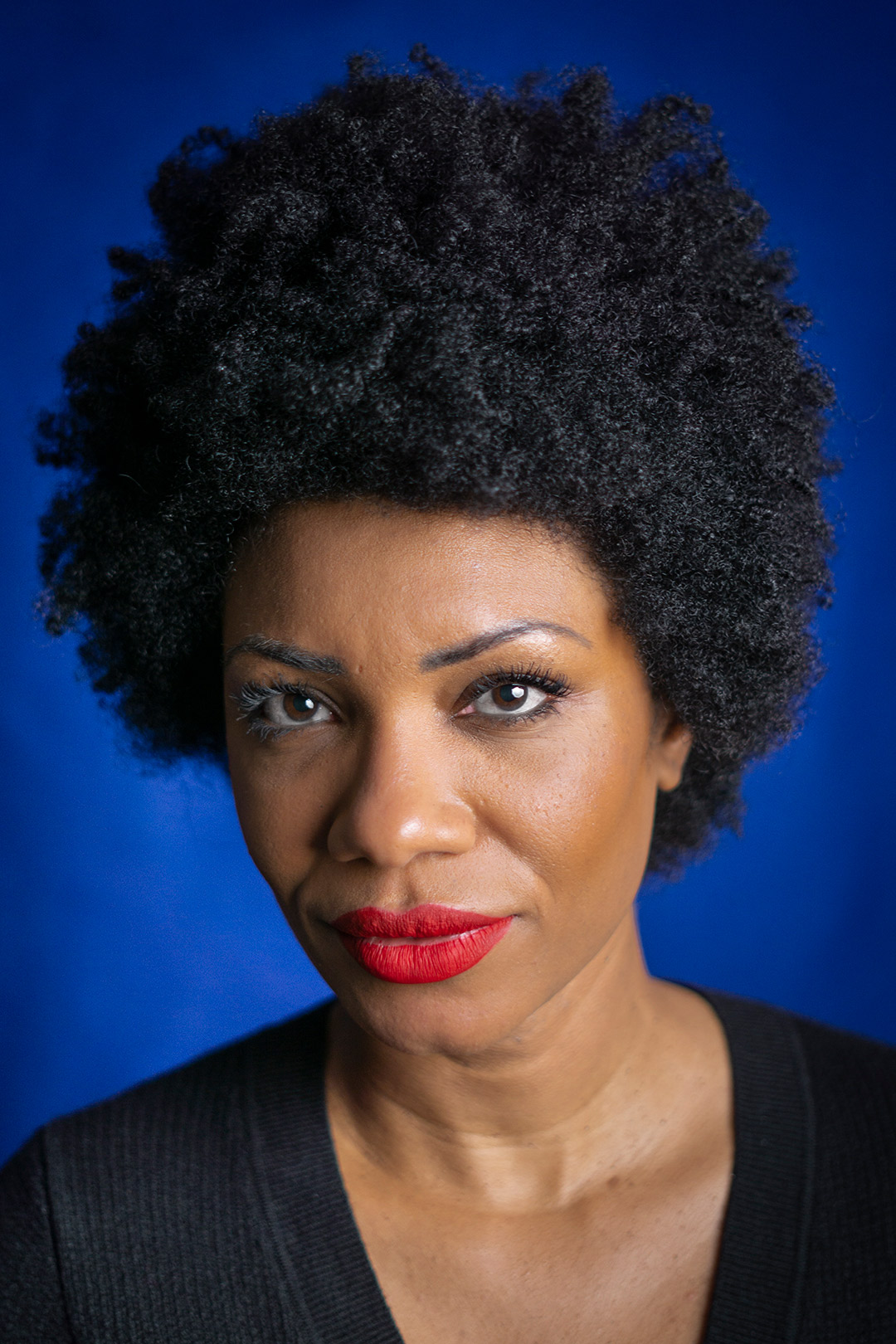
|
Esther • Founder, Cherry Creek Fashion
Esther — wife, mom, and fashionista — who hails from Saint Lucia in the Caribbean has lived in a lot of places. After earning her Master’s Degree in Fashion Journalism in London, she crossed the pond to live in New York City and then traveled west for a stint in San Francisco. Before relocating to Denver, where she has now been for six years, Esther shared she never had to process what it meant to be Black in America. She grew up surrounded by Black people of all different shades and shapes and in positions of authority, so the idea that some people think she is not allowed to be somewhere, do something, or be whatever she wants to be because she’s Black is a foreign concept that she continues to fully reject. She shared that even though Denver is the first place she’s lived where she’s been treated differently for the color of her skin, she chooses to flaunt her natural coiffure — a voluminous afro — and takes up space with abandon. Two years ago, she decided to stand in her truth and launch Cherry Creek Fashion, an online magazine. Her monthly digital publication focuses on inclusive stories, small businesses, and fashion for everyone. Esther lives in Cherry Creek with her husband and son, and when she’s not on set she can be found socializing at a posh boutique, cafe, or bar. When I asked her to describe Denver in one word she replied, “home.” Here’s what it means to be her, here. Who are you? I am a hopeful positive being. I am deeply altruistic and move through the world expecting the best from humanity. I always try to operate from a place of kindness and understanding another person’s life story and experiences. That openness and understanding comes with getting older. I will be 40 this year and I have learned to fully embrace and appreciate my positivity and light no matter what is going on around me. I shine my light. What does it mean to be you? To be me is to seek out the light, the good, the positive. What you focus on is what you will see. What you focus on will be your reality. I dream about what could be and work to make that my reality in life. To be me is to never let go of that youthful enthusiasm for what could be if we believe in it. What does it mean to be you here? To be me, here in Denver, means to finally fully embrace my place as a Black immigrant woman in America from the Caribbean. I have never had the need to think about this in other places that I have lived because they have been so diverse. What do you love most about living in Denver? The feeling that anything is possible! There is a huge community of female entrepreneurs here who support each other, so this is a great city to start a business. How have your experiences in Denver shaped you? Moving to Denver, I had to confront, for the first time, being treated differently because of the color of my skin. I was still very unaware of how deeply racist America is and I had to get used to being the only Black person in a room on a lot of occasions. The racism in Denver is very subtle. It’s still an adjustment. Part of the reason I started my magazine, Cherry Creek Fashion, is because I did not see many Black people being represented in other magazines when I first moved here. Today it’s changing but a lot of work has to be done with making the media and newsrooms more inclusive. I always think of my ancestors and how much they went through for me to be alive today. The Caribbean societies were created through slavery, the destruction of Amerindian populations, and the rape and torture of millions of African women and girls. So no one is going to tell me where I can or cannot be, or what I can and cannot do because of the color of my skin. Here in Denver, I bring my full positive Black Caribbean immigrant self into every space I walk into. What are some of the challenges? After leaving Saint Lucia, I moved to London, then New York and San Francisco. These cities are all so diverse, that my Blackness continued to be just a fact, not something that I thought about because I was surrounded by Black people from all parts of the world. It is a challenge that the Black population here is so small but that makes the community stronger. We see each other and are constantly looking for ways to come together and collaborate. |
